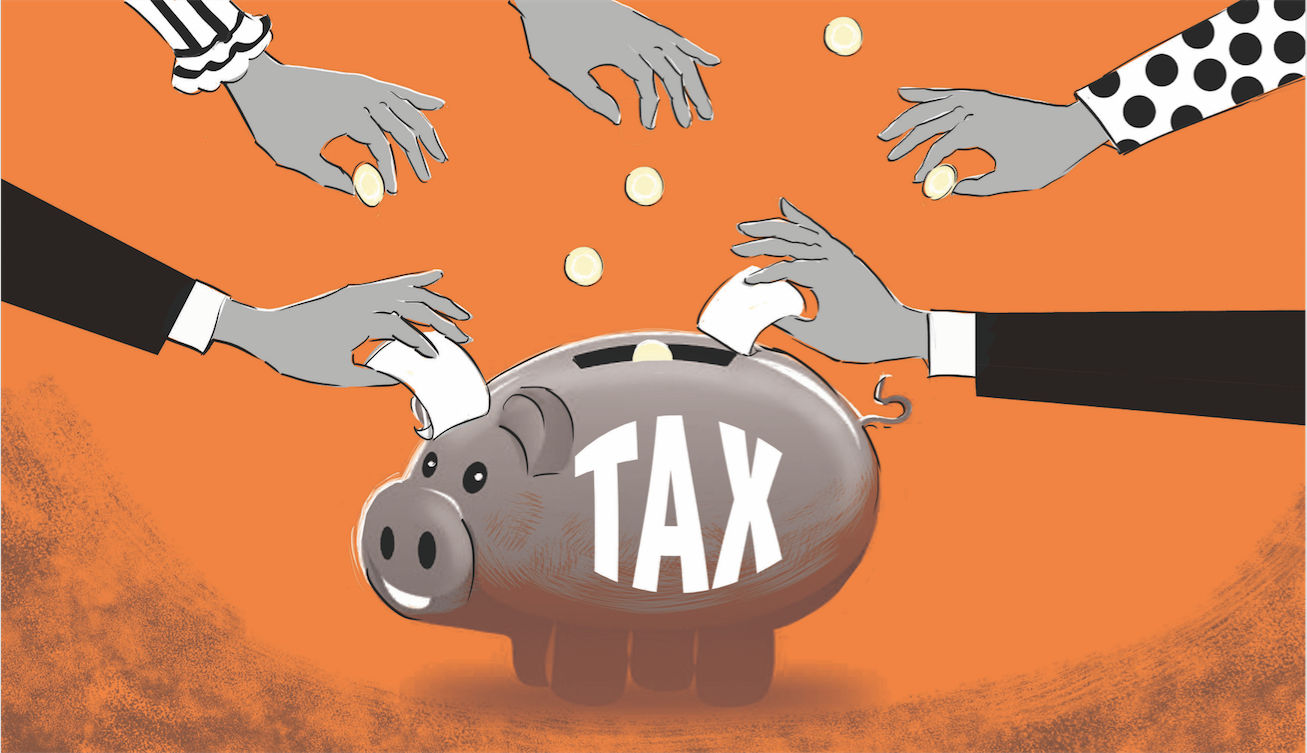
Tax justice means distributing the costs and benefits of living in a society fairly. Everyone who earns, owns, or benefits from public services should contribute according to their means, with revenues used to reduce inequality, fund essential services and drive sustainable development.
A just tax system strengthens accountability, trust, and the social contract, linking taxation to decent work, living wages, and dignified livelihoods. A global network of unions champions tax justice by connecting researchers, campaigners and policymakers.
They insist that fair taxation is inseparable from workers’ rights and social protection. Core principles in tax justice include: One, progressive taxation: Higher income and wealth should be taxed more, with credible capital gains taxes to curb wealth concentration.
Two, strong public services: Tax money should fund universal healthcare, education, infrastructure and climate readiness. Three, curbing avoidance and illicit flows. This includes closing loopholes, boosting transparency and ensuring profits are taxed where they are earned.
Four, democratic accountability: Transparent budgeting with active involvement of workers and unions in tax policy discussions. And finally, equality and dignity: Policies should reduce gender and racial disparities, support decent work, living wages and robust social protections.
The unions argue that tax justice underpins decent work. When taxes are regressive or incentives disproportionately benefit the wealthy, workers bear the burden through lower wages and fewer public services.
International union collaboration helps embed tax justice within broader labour rights, tying fair taxation to secure employment and dignified living standards. Kenya offers a telling case study of how tax policy shapes worker livelihoods and public services.
The key features and challenges in Kenya's tax systems include: One, salaried worker structure, composed of Pay As You Earn withholding, Social Health Authority and National Social Security Fund deductions. Tax bands and reliefs exist, but frequent changes create uncertainty about net income.
Two, reliefs and exemptions. Targeted reliefs aim to ease the burden on families, yet administrative efficiency matters. Delays or errors can erode benefits and public trust.
Three, digital economy and base expansion. Digital tools can widen the tax base and improve compliance, but enforcement gaps may allow underpayment through transfer pricing or under-declaration.
Four, public services and outcomes. Tax revenue funds health, education, infrastructure, security and social protection. Efficient spending enhances service quality; misallocation or weak collection weakens services. Five, informal sector and equity. A large informal economy challenges tax inclusion. Policies should incentivise formalisation, offer simplified regimes and expand social protections to broaden contributions.
Kenya’s Finance Bill 2024 became a focal point for concerns about fairness and livelihoods. One concern that citizens and workers highlighted included perceived regressivity. Increases in prices of essentials or cuts to reliefs risk disproportionately burdening low- and middle-income households, shrinking real income and affecting nutrition, health and education.
A second concern was salary deductions and cost of living. Tax changes that reduce net pay without wage growth lower disposable income, dampening consumer demand and harming small businesses.
A third concern had to do with public services. Tax increases without corresponding service improvements erode trust and satisfaction. At the same time, policies that neglect informal workers risk widening inequality; tax systems should facilitate formalisation and social protection. And finally, transparency and accountability. Clear information about tax changes and spending is essential.
Kenya County Government Workers Union national secretary general and former Moyale MP






![[PHOTOS] Ruto attends Mzee Ichung'wah funeral](/_next/image?url=https%3A%2F%2Fcdn.radioafrica.digital%2Fimage%2F2025%2F09%2Fea8f0f7f-95e7-4bf8-ac10-c7c557f29a8f.jpeg&w=3840&q=100)

![[PHOTOS] Sakaja joins city staff in cleanup drive](/_next/image?url=https%3A%2F%2Fcdn.radioafrica.digital%2Fimage%2F2025%2F09%2F448fc5e0-6bfb-4906-a72c-55a110c2f59f.jpg&w=3840&q=100)

